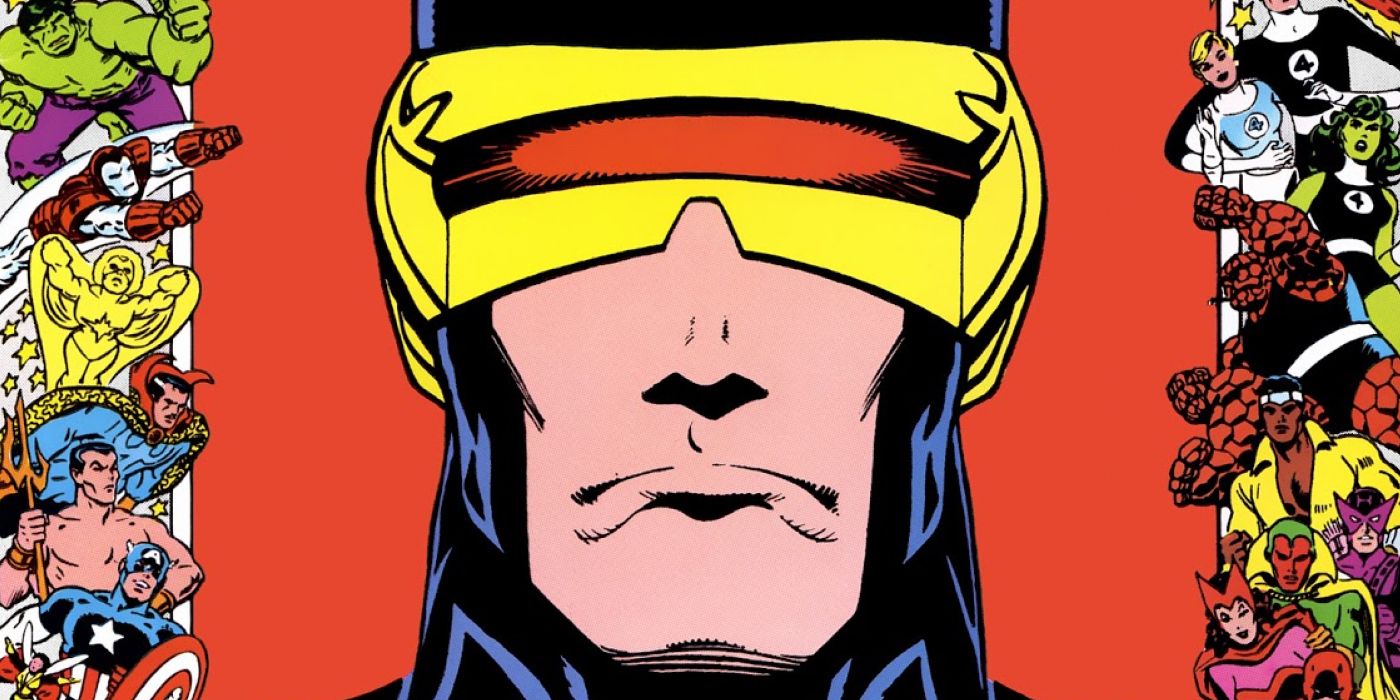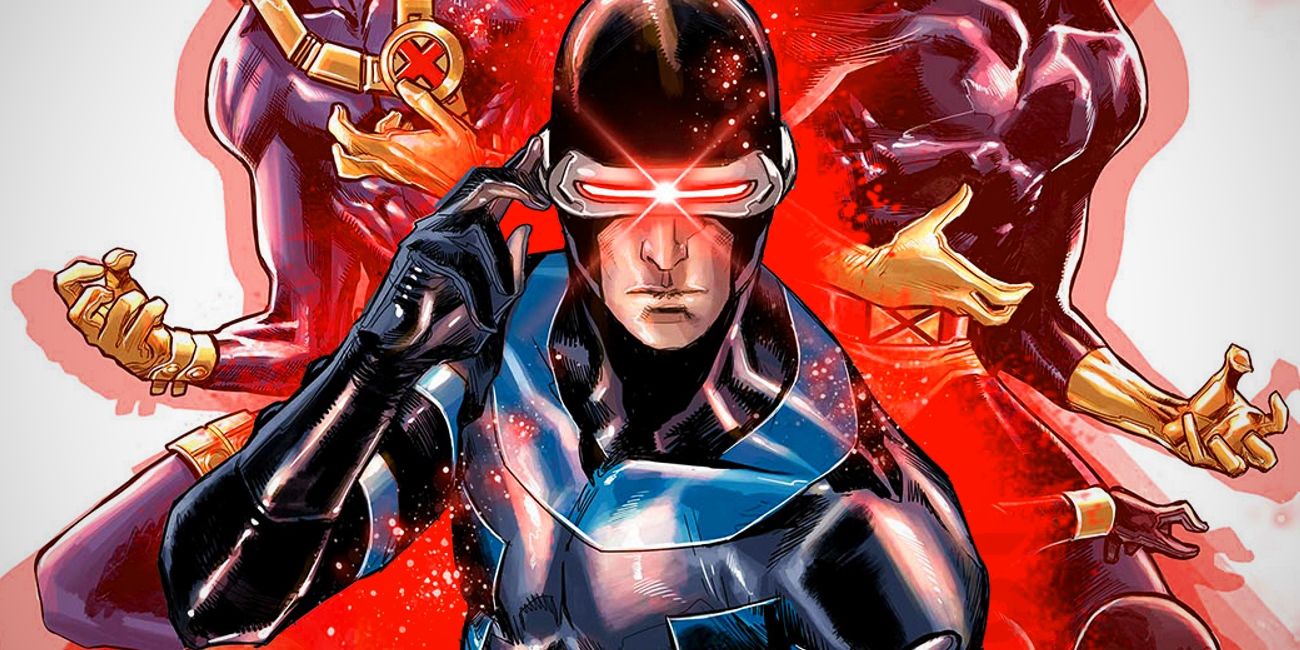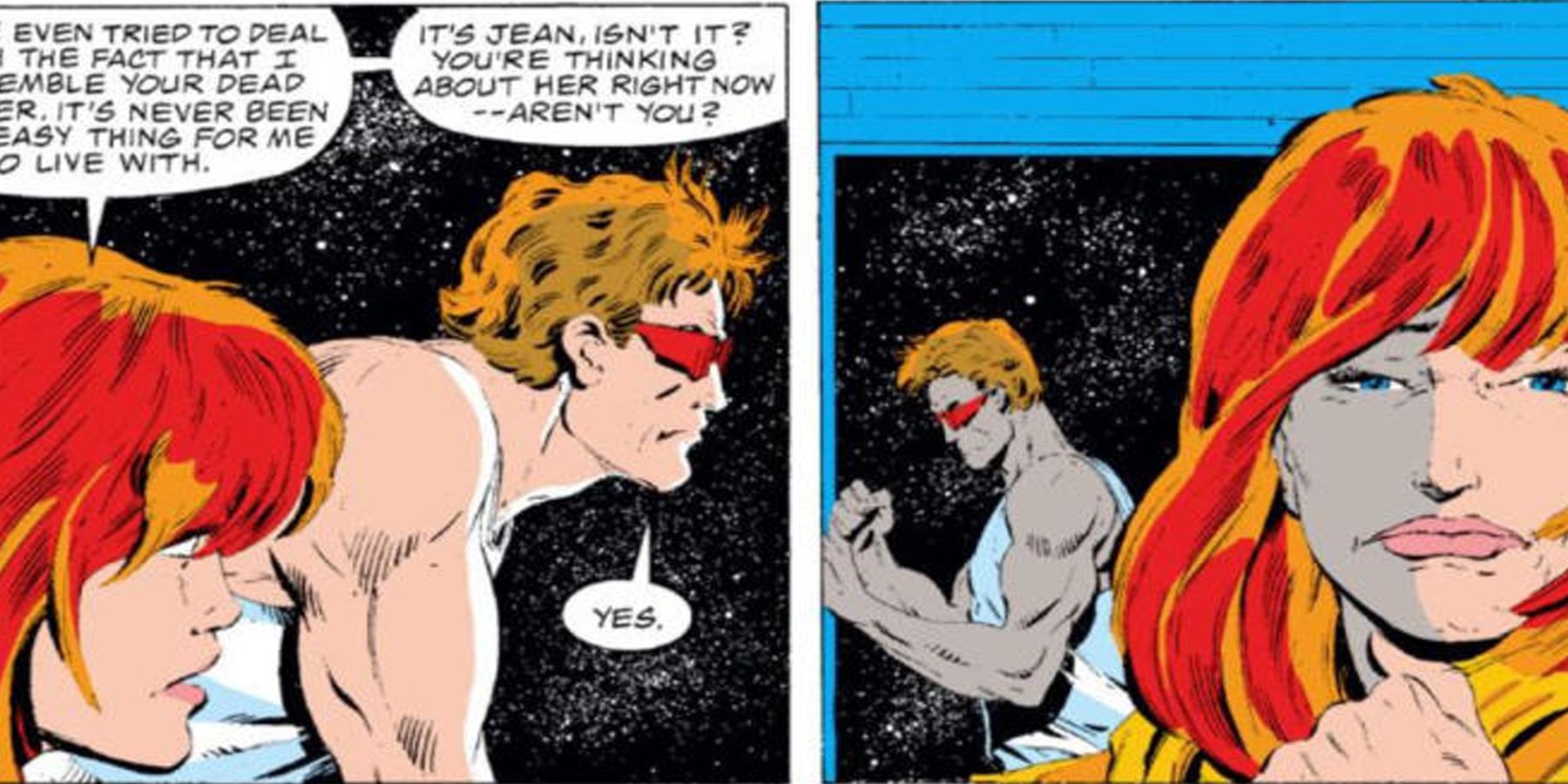As a field of literature, one barrier to more serious consideration as an artistic medium comics have suffered from in their mainstream serials is the need to maintain their status quo in order to capitalize off their brand. Perhaps no better example of these failings exists than the character of Scott Summers, Cyclops in the long-running Marvel franchise X-Men. In answering a recent question from a fan, longtime writer Chris Claremont, who boasted a 17-year run on the franchise which included the legendary "Dark Phoenix Saga" among other milestones, explained quite candidly how the original hero of the X-Men story went from stalwart leader to an often maligned and discarded presence on the team he founded.
When Claremont took the reins X-Men starting with issue #94 in 1975, the series had been effectively canceled for five years, with issues #67-#93 being reprints of older stories. Claremont is largely credited with reviving the series and elevating it to one of Marvel’s top books, developing the saga of the mutant team over time into an action-packed yet emotionally poignant epic which saw Cyclops as the sole remaining holdover from the previous series - at least initially. The climax of his original run occurred in the aforementioned Dark Phoenix Saga storyline, which ended in the death of founding X-Man and Cyclops’ long-term love-interest, Jean Grey. Following her death, Claremont had Scott continue his adventures with the costumed team only briefly before eventually marrying Madelyne Pryor, thereafter deciding to leave the X-Men permanently in order to become a devoted family man. This union eventually saw the birth of Scott’s son, Nathan.
In response to a question regarding the X-Man Wolverine’s relative popularity to Scott, from Redditor /u/Falco57-98 on an open Ask Me Anything on Reddit.com, Claremont, recalled with some bitterness that Marvel’s decision to resurrect Jean and have Scott abandon his family in X-Factor #1 to be with her was the likely inciting incident. He recalled Scott as a “wonderful character” before Marvel decided to charge Louise Simonson with reuniting him with his boyhood sweetheart, saying it “was dishonorable and destroyed him as a character”.
Scott was the base, the foundation of the team. He's the core around which everything orbits, which is why with Madelyne, it meant so much to me to give him a happy ending to resolve the whole Jean conundrum. To get that death out of his system, and get on with real life. And for me, for Scott, it was all about real life.
I was just reading the issue with the fight between Scott and Ororo. And the whole point is, Scott thinks, “I have to stay with the X-Men, they need me to lead them.” But he’s got wife and a kid now. Maybe it's time to grow up. There aren't that many families in the super hero universe, like the FF. Scott is not Reed Richards. Give yourself a break. Give your family a break.
And for Scott, it's coming up to a point where he has to rewrite the patterning of his life, which occasionally is what happens when you grow hit your 20s. And it's very, very hard. Falling in love, making the commitment of “I do,” is awesome. Finding yourself with a baby is the scariest, most wonderful thing that can possibly happen. And again, as a writer, I was selfishly looking forward to dealing with that over the years with Scott, as I tried to do in X-Men. What's it like for him to be a father? How does he relate to things? How does he deal with being married? There was all sorts of stuff there on both a real world and a super hero perspective. And then it all got thrown away.
The substance of Claremont’s criticism regarding Marvel’s editorial decisions is of rare stock partly because he is talking about the development of one of the X-Men’s long-term mainstays as if he were a more fleshed-out, realistic character living in a more consequential world. In a “real-world” situation, Scott would be considered a monster, or at the very least heartless and callous to the way his actions affected people in his life.
This criticism then takes on an even more tragic tone when examining Scott’s past and character development, it’s clear that this was in some ways a stereotype Cyclops was fighting against his whole life. Originally a shy teenager who hated the way his powers made him feel isolated from other people, the young Scott Summers grew into a capable leader and bold strategist, suffering personal tragedies and the loss of his love Jean Grey, then managing to overcome these struggles and make a life of his own. Even though nobody could see his emotions because of his need to cover his eyes, Claremont wrote him as an especially sensitive guy whose heroism at least in part came from his steadfastness and self-control in the face of devastation.
Claremont’s problem isn’t just that Marvel undid the heartfelt and mature characterization he put into Scott Summers, Cyclops, it’s that they took the story of a man who, despite personal travails, managed to become a reliable adult and took away all of those things he’d earned for himself since he was a costumed high-schooler and turned him into an uncaring adulterer. While Madelyne was later retconned to be an evil clone, thus justifying his abandonment, it still didn’t change what he did in leaving his son. Superhero or no, it’s an indefensible act. “I still bear a grudge,” Claremont said.
Source: Chris Claremont/Reddit.com



